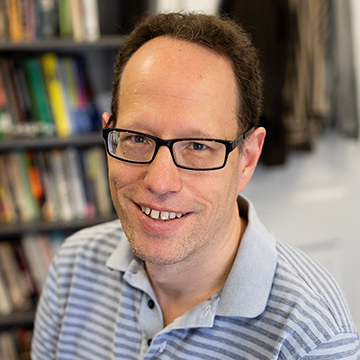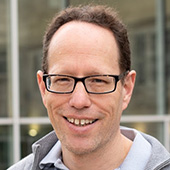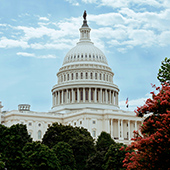Neighborhoods and Community Safety
Over the past decades, globalization, immigration, technology, crime, and other social, economic, and political forces have radically altered urban life. Faculty in this area attempt to understand the real-world sources and consequences of urban poverty and problems that cities and urban dwellers face, from education and housing to policing and segregation.
A Message From Lincoln Quillian, Program Chair

Working Papers
Recently published articles and working papers in this program area include:
Marisa Ross, Susan Burtner, and Andrew Papachristos. 2025. Characterizing CVI Street Outreach Participants and Service Dosage: Implications for Measurement and Evaluation (WP-25-08).
Felipe Gonçalves, Elisa Jácome, and Emily Weisburst. 2024. Immigration Enforcement and Public Safety (WP-24-06).
Ran Abramitzky, Leah Boustan, Elisa Jácome, Santiago Pérez, and Juan David Torres. 2023. Law-Abiding Immigrants: The Incarceration Gap Between Immigrants and the U.S.-Born, 1870–2020 (WP-23-26).
Faculty Experts
Political scientists, sociologists, education and social policy experts, and other social scientists come together to study topics associated with the urban landscape and its communities.
Events
Creating Moves to Opportunity: Mixed Methods Evidence on Barriers to Neighborhood Choice
By Stefanie DeLuca, Johns Hopkins University




